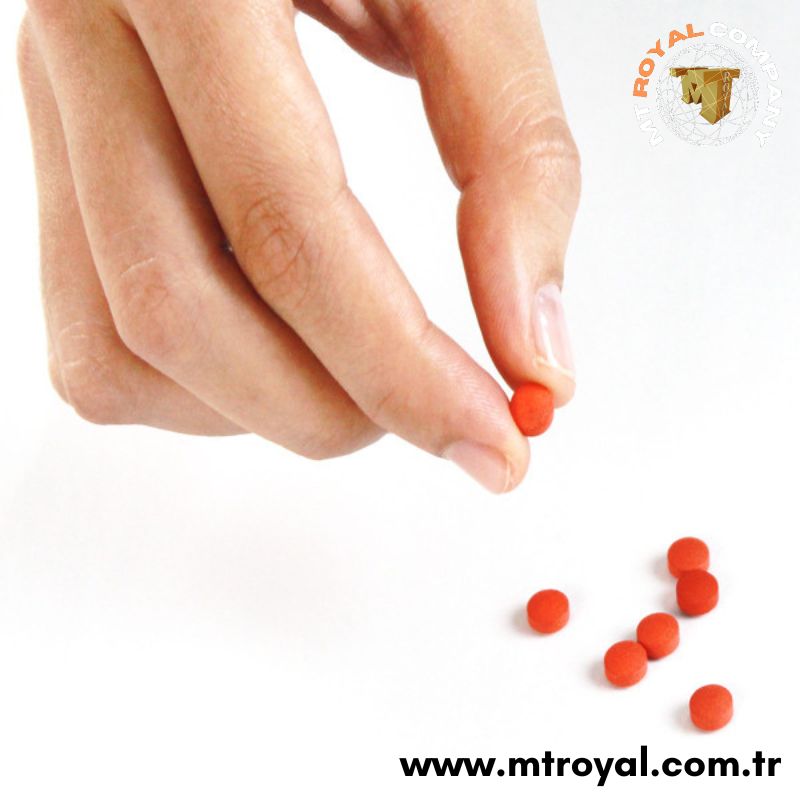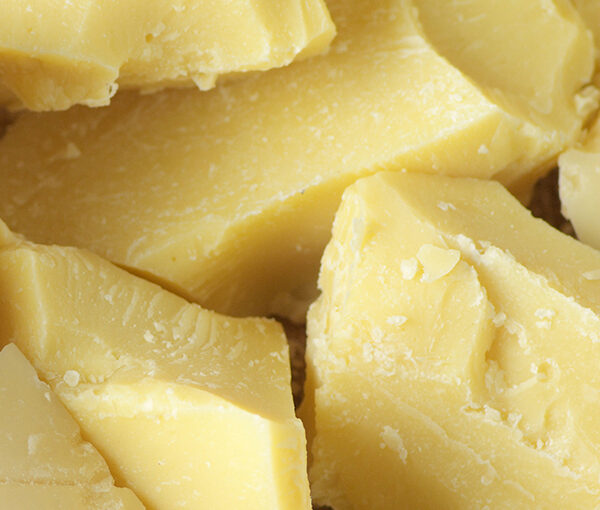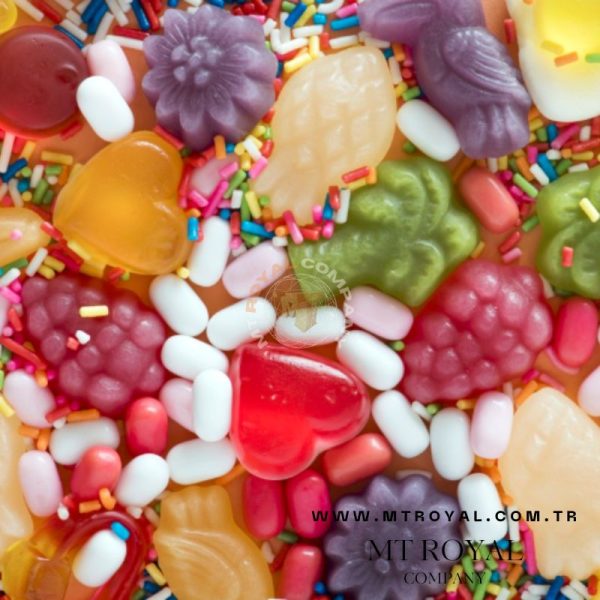Folic Acid Analysis
Folic Acid is essential for numerous biological processes, making it a critical nutrient for human health. Its importance is particularly pronounced during periods of rapid cell growth and division, such as during pregnancy and early development. Deficiencies in folic acid can lead to a range of health problems, including anemia, developmental issues, and an increased risk of birth defects. For these reasons, Folic Acid is widely used in food fortification programs and dietary supplements to ensure that individuals receive adequate amounts of this vital nutrient.
Key Characteristics of Folic Acid
- DNA and RNA synthesis: Folic acid is required for the production of DNA and RNA, which are necessary for cell division and growth.
- Red blood cell formation: Adequate levels of folic acid are essential for the formation of red blood cells and the prevention of anemia.
- Fetal development: Folic acid is crucial for proper fetal development, particularly during the early stages of pregnancy, as it helps prevent neural tube defects.
- Amino acid metabolism: Folic acid plays a key role in the metabolism of homocysteine, an amino acid linked to cardiovascular health.
Uses of Folic Acid in the Food Industry
Folic Acid is widely used in the food industry to fortify various products and enhance their nutritional value. It is commonly added to foods like bread, cereals, and flour to prevent folic acid deficiencies in the general population. Below are the primary applications of Folic Acid in the food industry:
1. Fortification of Grains and Cereal Products
One of the most common uses of Folic Acid in the food industry is the fortification of grains and cereal products. Many countries have mandatory folic acid fortification programs to address deficiencies in the population and reduce the risk of birth defects. Folic Acid is added to flour, bread, pasta, and breakfast cereals to ensure that these staple foods provide a significant source of this essential vitamin.
Examples of fortified grain and cereal products include:
- Fortified bread: Many types of bread are enriched with folic acid to improve their nutritional profile and prevent deficiencies.
- Breakfast cereals: Commercial breakfast cereals are often fortified with Folic Acid and other vitamins to provide a balanced source of nutrients, especially for children and pregnant women.
- Pasta and noodles: Some pasta products are fortified with Folic Acid to ensure consumers receive an adequate intake of this important nutrient.
2. Dietary Supplements
Folic Acid is a key ingredient in many dietary supplements, particularly prenatal vitamins and multivitamins. These supplements are widely used by women of childbearing age, pregnant women, and individuals at risk of folic acid deficiency. Folic Acid supplements help ensure that individuals receive enough of this essential vitamin to support overall health, prevent anemia, and promote proper fetal development during pregnancy.
Examples of dietary supplements containing Folic Acid include:
- Prenatal vitamins: Folic acid is a critical component of prenatal vitamins, as it helps prevent neural tube defects in developing fetuses.
- Multivitamins: Many multivitamin formulations include Folic Acid to provide a comprehensive range of nutrients that support energy production, red blood cell formation, and overall health.
- Standalone folic acid supplements: These supplements are designed to provide individuals with their daily recommended intake of Folic Acid, especially for those at risk of deficiency.
3. Infant Formula
Folic Acid is essential for the healthy growth and development of infants, making it a key ingredient in many infant formulas. Infant formula manufacturers add folic acid to ensure that babies receive sufficient amounts of this critical nutrient during their early stages of growth, especially if they are not being breastfed.
Examples of uses in infant formula include:
- Standard infant formula: Most commercially available infant formulas are fortified with Folic Acid to support the healthy growth and development of babies.
- Specialized infant formulas: Formulas designed for premature infants or those with specific nutritional needs often contain higher levels of Folic Acid to meet their increased requirements.
4. Fortification of Beverages
In addition to solid foods, Folic Acid is also used to fortify beverages, particularly those aimed at health-conscious consumers. Fortified beverages provide an easy and convenient way for individuals to increase their intake of Folic Acid, especially in regions where dietary deficiencies are common.
Examples of fortified beverages include:
- Fortified juices: Some fruit juices, particularly orange juice, are fortified with Folic Acid to enhance their nutritional value and provide a convenient source of vitamins.
- Functional smoothies: Nutrient-rich smoothies that include Folic Acid are marketed as a way to support energy levels, red blood cell production, and overall health.
- Wellness drinks: Certain health-focused drinks and wellness shots are fortified with Folic Acid to help consumers meet their daily vitamin requirements.
5. Fortified Snacks and Processed Foods
Folic Acid can also be added to various snacks and processed foods to improve their nutritional content. Fortified snacks, such as granola bars, crackers, and baked goods, provide consumers with an easy way to boost their intake of Folic Acid while enjoying their favorite foods.
Examples of fortified snacks include:
- Fortified granola bars: Many granola bars are fortified with Folic Acid to make them a more nutritious option for consumers looking for a healthy snack.
- Baked goods: Some baked goods, such as muffins and cookies, are enriched with Folic Acid to provide an additional source of this essential vitamin.
- Crackers and chips: Certain snack foods are fortified with Folic Acid to help prevent nutrient deficiencies in populations with limited access to a varied diet.
6. Animal Feed and Pet Food
In addition to its importance in human health, Folic Acid is also used in animal feed to support the health and development of livestock and pets. Adequate levels of Folic Acid in animal diets help promote growth, reproduction, and overall vitality.
Examples of uses in animal feed and pet food include:
- Livestock feed: Folic Acid is added to the diets of cattle, pigs, and poultry to support proper growth, reproduction, and the prevention of folic acid deficiencies in animals.
- Pet food: Dog and cat food formulations often contain Folic Acid to promote healthy development and support the nutritional needs of pets at all stages of life.
Why Choose MT Royal for Folic Acid?
MT Royal Company is the largest and most trusted supplier of Folic Acid, offering high-quality products, competitive pricing, and exceptional customer service. Here’s why businesses around the world trust MT Royal for their Folic Acid needs:
1. Supply in High Volumes
MT Royal has the capacity to supply Folic Acid in large quantities, ensuring that food manufacturers, supplement producers, and other industries have a consistent and reliable source for their production needs. Whether you require bulk shipments or regular deliveries, MT Royal can meet your volume requirements efficiently.
2. Very Reasonable Prices
MT Royal offers very reasonable prices for Folic Acid, allowing manufacturers to optimize their production costs without sacrificing quality. The company’s strong supply chain relationships and efficient operations allow it to provide premium products at competitive rates.
3. Fast Delivery
With a well-established logistics network, MT Royal guarantees fast delivery of Folic Acid to customers worldwide. The company understands the importance of timely deliveries to prevent production delays and ensure smooth operations, ensuring that your supply chain remains efficient.
4. Complete Documentation
MT Royal provides complete documentation with every shipment, including health certificates and export certificates, ensuring compliance with international safety and regulatory standards. This gives customers confidence in the quality and safety of the Folic Acid they receive.
5. Various Payment Options
MT Royal offers various payment options to accommodate the financial needs of different clients. Whether you prefer wire transfers, letters of credit, or other payment methods, MT Royal ensures a smooth and flexible purchasing experience tailored to your business’s requirements.
6. Delivery to Customer Requested Customs
MT Royal provides worldwide delivery to the customer’s requested customs location, ensuring that your Folic Acid shipments arrive exactly where and when you need them. This flexibility and global reach make MT Royal the ideal partner for businesses operating in multiple regions and markets.
Conclusion
MT Royal Company is the largest and most trusted supplier of Folic Acid, offering high-quality products, competitive pricing, and exceptional service. Whether you are in the food, supplement, or animal feed industry, MT Royal has the capacity and expertise to meet your Folic Acid needs. With fast delivery, complete documentation, and flexible payment options, MT Royal is the reliable partner you can trust for all your sourcing requirements.
Contact MT Royal today to learn more about how their Folic Acid solutions can benefit your business and ensure the quality and consistency of your products.






Reviews
There are no reviews yet.